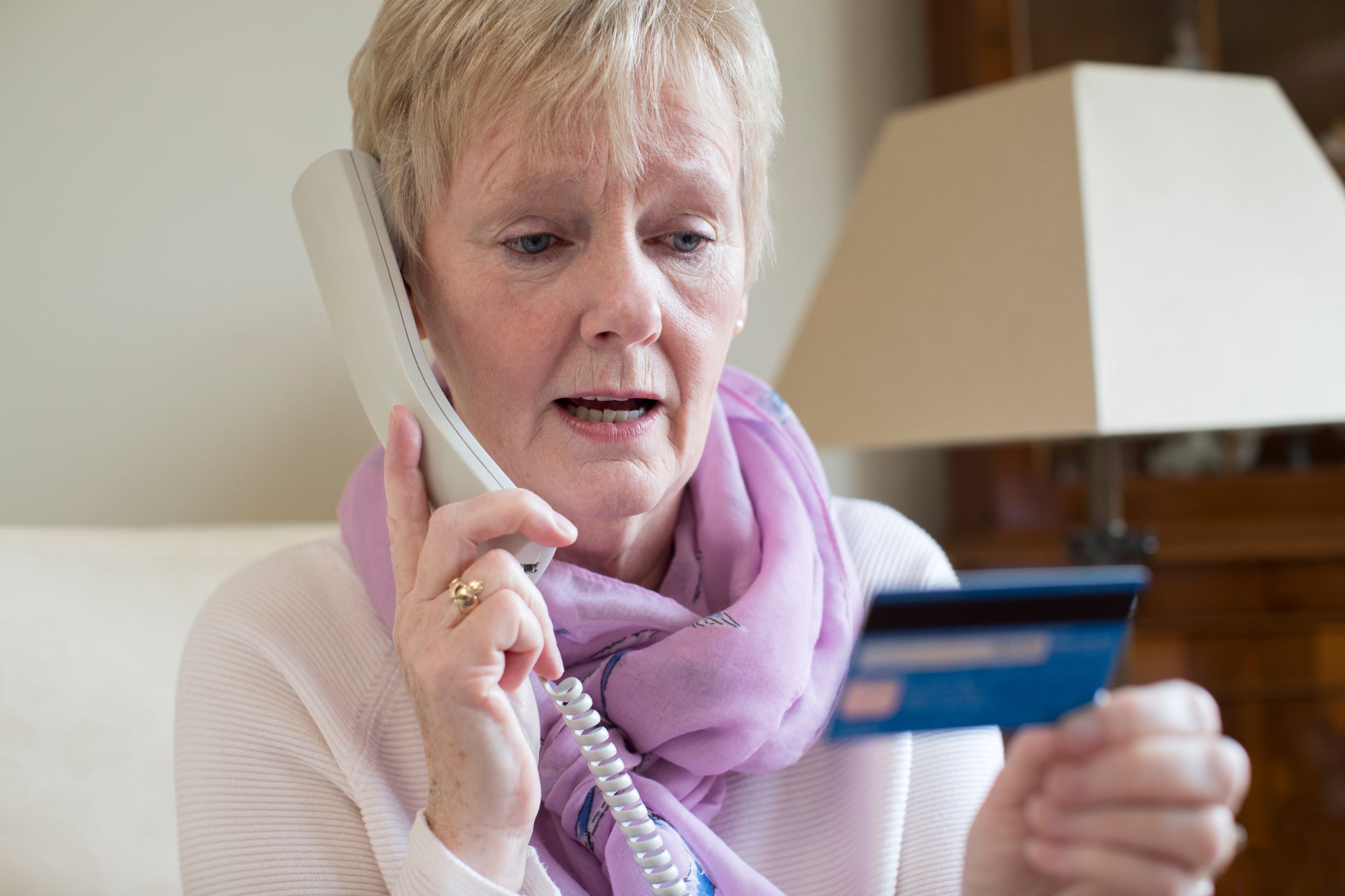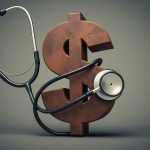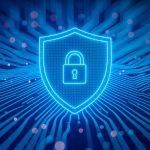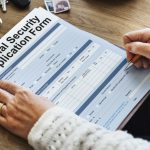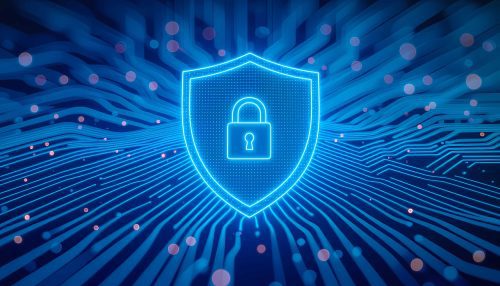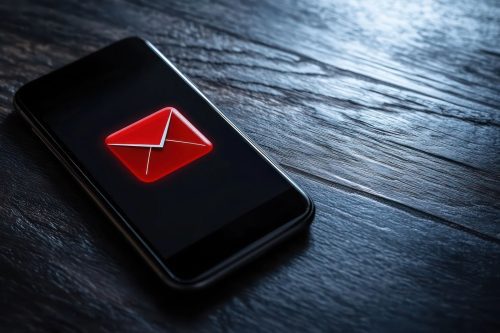COVID-19 scams are running rampant, targeting the elderly, individuals with pre-existing conditions, and low-income Medicaid recipients. The fraudulent sales pitches are coming via telemarketing calls, robocalls, social media posts, emails, fake websites with ‘stores,’ and even door-to-door visits.
Health care fraud has always been one of the most prevalent forms of identity theft, and now that individuals are stuck inside, scammers are working overtime. And when it comes to Medicare fraud, the consequences can be long-term because once an individual’s Medicare information has been obtained, it can be used repeatedly to bill for services (such as fake doctor visits) and products (like fake COVID-19 test kits) never received.
Here are a few of the scams we know about that attempt to obtain Medicare numbers, Social Security numbers, and credit card information, as well as tips on how you can protect yourself:
- Mandated Testing. Seniors are being told that the president has mandated they get tested and their Medicare number is required for them to receive a free test kit mailed to their home.
How to Protect Yourself: There is no mandate that seniors must be tested. Do not share your information with anyone who claims this. - Senior Care Packages. Scammers are offering “Senior Care Packages” with items people may need, such as hand sanitizer and toilet paper. They even have fake online stores set up that look like the real thing.
How to Protect Yourself: If you need to obtain household supplies, medical supplies, or arrange for food delivery, try to purchase only from trusted sources such as local retailers or Amazon. Research new sellers thoroughly to verify their legitimacy. You can also contact your Township, as many towns have set up committees to assist residents in need of food, medication, and cleaning supplies. - Vaccines. Several scammers are offering coronavirus vaccines and treatments, when in fact none have been approved yet.
How to Protect Yourself: Ignore online offers and door-to-door solicitations to sell you free coronavirus test kits, treatments, vaccinations and supplies. At this time, there are no approved vaccinations and treatments (outside of hospital use and clinical trials). - Email and Text Scams. Scammers are sending emails and text messages offering information, household essentials, treatments, and more. The communications contain links and documents that, once clicked, can install ransomware to lock you out of your data, or be used to steal your login IDs and passwords, and ultimately your money and identity.
How to Protect Yourself: Do not click on emails or text messages from anyone unfamiliar. If you receive an unsolicited email from the CDC, WHO, or another reputable organization (but did not previously sign up for their newsletter), consider visiting their website directly instead of clicking on the supplied links. - Robocallers. Robocalls are promising everything from work-at-home opportunities to fake Coronavirus treatments.
How to Protect Yourself: Hang up on robocallers. Many are asking you to press a button to be connected to a live operator or to be removed from their list. Doing so will direct you to the scammer. - Stimulus Checks. Now that the CARES Act has passed, identity thieves are contacting individuals promising to expedite a check. They will request your checking account number.
How to Protect Yourself: Do not provide your bank account information to scammers promising to expedite a check from the government. The government is not contacting individuals by phone. Checks will be direct deposited into the checking account on file from last year’s tax return or mailed to the address on file. - Charitable Donations. Fake charities are easy to set up, and they pop up quickly after every major catastrophe. They also sometimes try to leverage the name of a real charity but redirect you to a fake website where they can capture your credit card information.
How to Protect Yourself: If you are contacted by a charity and they ask for a donation through cash, gift card, or wiring money, it’s a scam. Hang up immediately. Read this FTC Consumer Information page for tips on donating wisely.
Generally speaking, do not share your Medicare number, Social Security number or credit card information with anyone who contacts you through unsolicited phone calls, texts or emails.
If you suspect Medicare fraud or abuse, report it by calling the Medicare Fraud Tip Line at 1-800-MEDICARE.
Below are a few websites you may want to monitor for ongoing COVID-19 updates:
- State of NJ Office of Homeland Security and Preparedness
- 211 is a public service that connects people to help in their local area
- FTC Consumer Information


